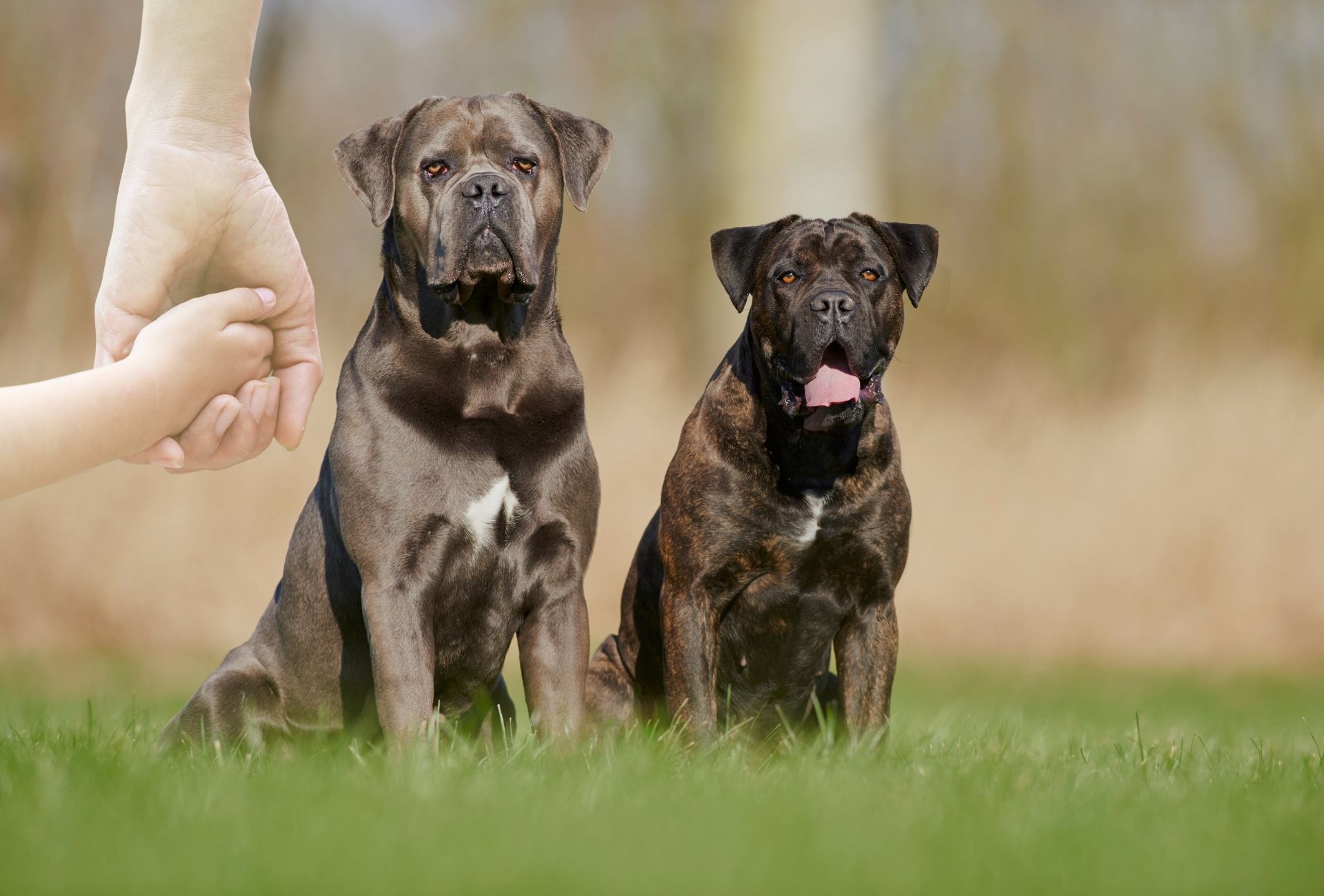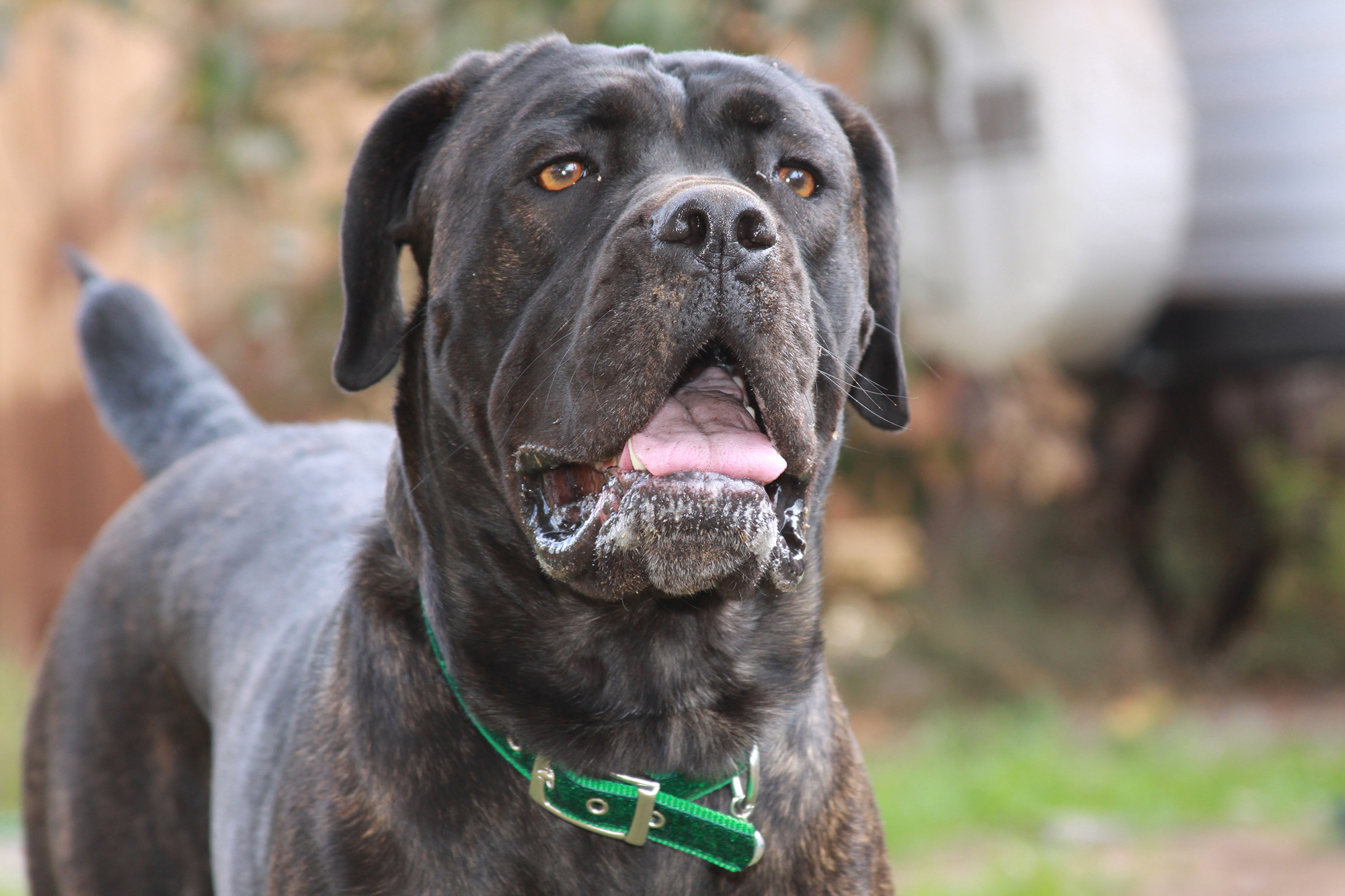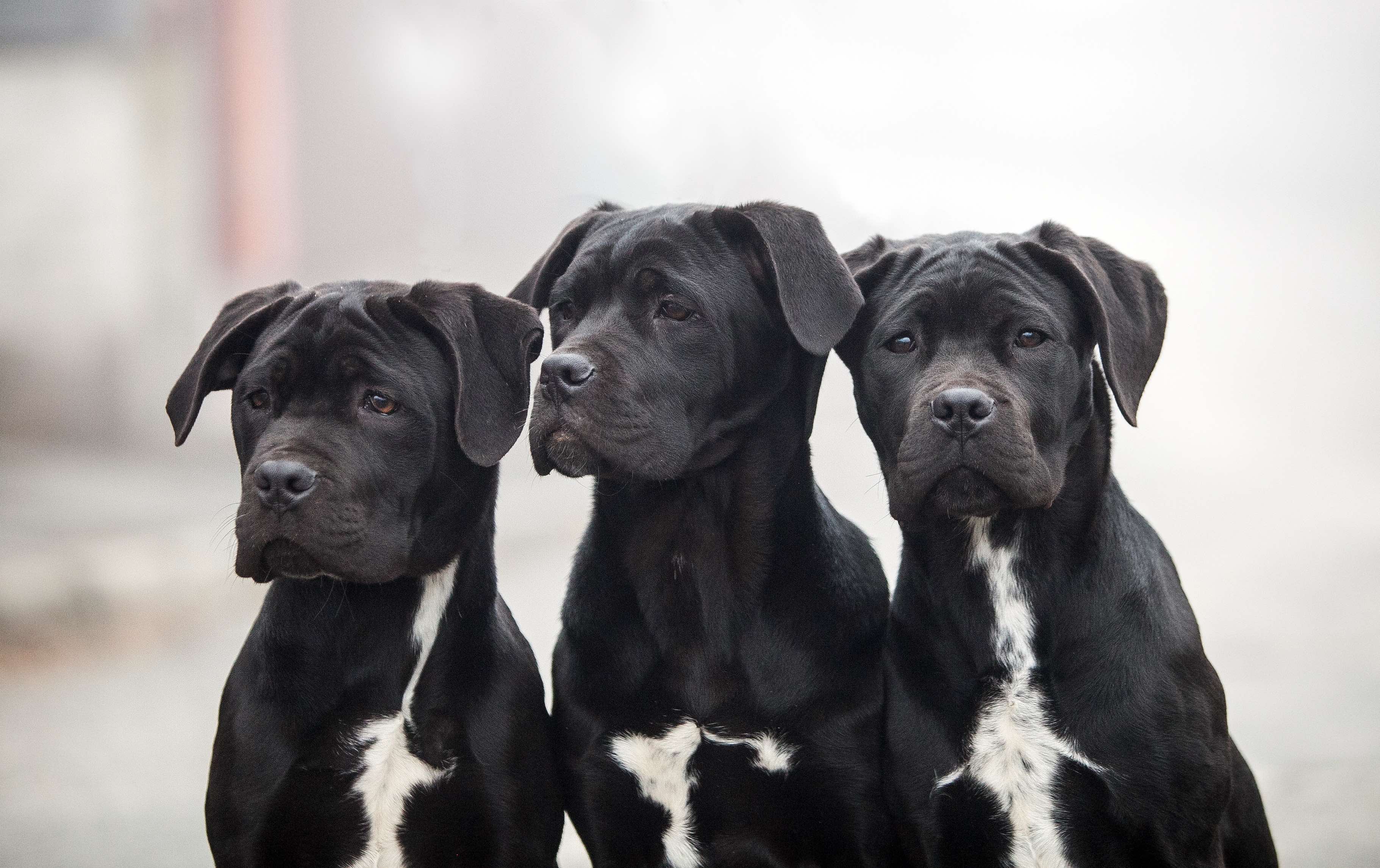Cane Corsos: A Complex Bond with Their Families
Introduction
Cane Corsos are an ancient breed of dog renowned for their remarkable loyalty, protectiveness, and strong family bonds. However, the complexities of their nature pose both rewards and challenges for their owners. This essay critically examines the intricacies of the Cane Corso's relationship with their families, exploring the scientific evidence, behavioral observations, and social implications surrounding this unique bond.
The Genetic Foundation of Loyalty
Genetics play a significant role in shaping the behavior of Cane Corsos. Studies have identified specific genes associated with attachment, loyalty, and protective instincts in dogs (Tsutsui et al., 2019). Cane Corsos possess a genetic makeup that predisposes them to form deep and enduring bonds with their family members.
Early Socialization and Imprinting
The early socialization period of a Cane Corso puppy is crucial in establishing their family bond. During this time, the puppy develops an attachment to their primary caregivers, imprinting their personalities and behaviors (Scott & Fuller, 1965). Positive experiences, such as gentle handling, regular playtime, and consistent training, reinforce this attachment and lay the foundation for a strong bond.
Protective Instincts and Territorial Behavior
Cane Corsos are known for their protective nature, which often manifests as territorial behavior. They form strong bonds with their families, viewing them as their pack and territory. This protective instinct can extend to the family home, as they perceive it as an extension of their territory (Bradshaw et al., 2003).
Challenges and Considerations
While the family bond with Cane Corsos can be incredibly rewarding, it also presents potential challenges. Their loyalty and protectiveness can lead to aggression if they perceive a threat to their family or territory (O'Farrell & Peachey, 2012). Proper socialization, training, and responsible ownership are essential to manage these protective instincts.
Separation Anxiety and Destructive Behavior
Due to their strong attachment to their families, Cane Corsos can suffer from separation anxiety when left alone for extended periods. This anxiety can manifest as destructive behavior, such as chewing, barking, or digging. Exercise, mental stimulation, and gradual desensitization training can help mitigate these issues (Mills, 2010).
Social Implications
The bond between Cane Corsos and their families has social implications as well. It is important for owners to understand the breed's potential for aggression and take responsibility for their pet's behavior. They must ensure that their Cane Corso is properly trained and socialized, allowing them to interact safely with other people and animals. Responsible ownership helps dispel negative stereotypes associated with the breed and fosters a positive public perception.
Conclusion
The bond between Cane Corsos and their families is a complex and rewarding one. Genetics, early socialization, and protective instincts all contribute to their deep attachment and loyalty. However, challenges such as aggression, separation anxiety, and social implications require responsible ownership and proper training to ensure a harmonious and healthy relationship. By understanding the intricacies of this bond, owners can foster a fulfilling and lasting connection with their Cane Corso while promoting a responsible and positive image of the breed.
References
Bradshaw, J. W. S., Casey, R. A., & MacDonald, R. (2003). Canine behavioral consultant: a practical guide. Elsevier Science.
Mills, D. S. (2010). Canine behavior: a guide for veterinarians and owners. Elsevier Science.
O'Farrell, V., & Peachey, G. (2012). The veterinary clinics of North America. Small animal practice, 42(2), 293-305.
Scott, J. P., & Fuller, J. L. (1965). Genetics and the social behavior of the dog. The University of Chicago Press.
Tsutsui, M., Kojima, T., & Nakamura, Y. (2019). Dog attachment to human affects oxytocin secretory response to stroking. Scientific Reports, 9(1), 1-12.
Why Pembroke Welsh Corgis Are Great For Therapy And Emotional Support
Why German Shorthaired Pointers Are Known For Their Loyalty
The Unique Coat Of Labrador Retrievers: Fun Facts



